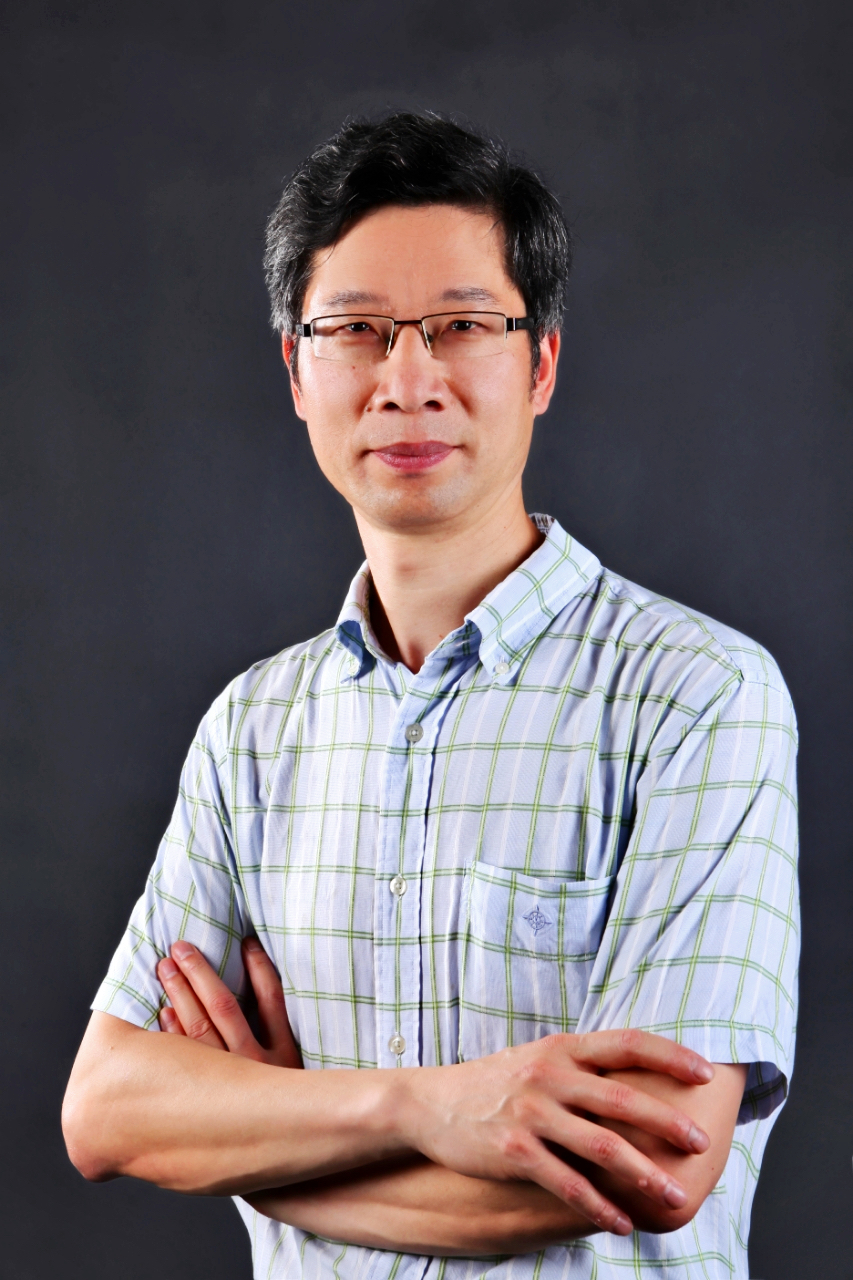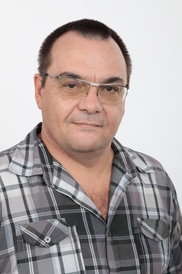ECC 2025
The 9th Euro-China Conference on Intelligent Data Analysis and Applications
July 21-23,2025 Ostrava, Czech Republic
Please visit new website https://eurochinaconference.github.io/ECC2025
Please Visit new website:

Prof. Christian Blum
Speech Title: On the Use of LLMs in Optimization
Biography
Prof. Christian Blum is a Senior Research Scientist at the Artificial Intelligence Research Institute (IIIA) of the Spanish National Research Council (CSIC) in Bellaterra, Spain. Previously, from 2012 to 2016, he served as an Ikerbasque Research Professor at the University of the Basque Country in San Sebastian, Spain. He earned a PhD in Applied Sciences from the Free University of Brussels in 2004 and a Diploma (equivalent to a Master’s degree) in Mathematics from the University of Kaiserslautern, Germany, in 1998. His research primarily focuses on swarm intelligence techniques for optimization and control, as well as the hybridization of metaheuristics with other approaches to tackle large-scale optimization problems in fields such as bioinformatics and transportation. Over the past 25 years, Dr. Blum has (co-)authored more than 250 publications in international journals, books, and peer-reviewed conference proceedings. His work has received approximately 21,000 citations, with a current H-index of 46 (Google Scholar). In addition to his research, Dr. Blum serves as an editor for Computers & Operations Research, overseeing heuristics and metaheuristics, and as an associate editor for journals such as the Artificial Intelligence Journal and Engineering Applications of Artificial Intelligence. Throughout his career, he has received various research and supervision awards, including the IEEE Transactions on Evolutionary Computation (IEEE TEC) Outstanding Paper Award and the 2021 SEIO-BBVA award for the best methodological contribution in Operations Research, a prestigious Spanish national award.
Abstract
Large Language Models (LLMs) are AI systems trained on extensive collections of text data, enabling them to understand and generate both natural language and code. Built on transformer architectures—a type of deep learning framework—LLMs process input prompts and produce responses that are supposed to be contextually appropriate. They are highly effective across a broad range of tasks, such as answering questions, summarizing information, writing code, and even making strides in solving mathematical problems. In recent times, the potential of LLMs has been explored in a wide variety of applications. Naturally, researchers in optimization, especially those focused on metaheuristic algorithms, have started investigating how LLMs can be leveraged to enhance their techniques. In this talk, I will present some of our recent work on using LLMs as assistants in optimization research. Examples include the automatic improvement of existing optimization algorithms and the comparative analysis of optimization algorithm performance

Prof. Xin Yao

Prof. Varun Ojha
Speech Title: Secure Artificial Intelligence on the Edge.

Prof. Andries Engelbrecht
I received the Masters and PhD degrees in Computer Science from the University of Stellenbosch, South Africa, in 1994 and 1999 respectively. I am currently appointed as the Voigt Chair in Data Science in the Department of Industrial Engineering, with a joint appointment as Professor in the Computer Science Division, Stellenbosch University. Prior to my appointment at Stellenbosch University, I have been at the University of Pretoria, Department of Computer Science (1998-2018), where I was appointed as South Africa Research Chair in Artifical Intelligence (2007-2018), the head of the Department of Computer Science (2008-2017), and Director of the Institute for Big Data and Data Science (2017-2018).
In addition to a number of research articles, I have written two books, Computational Intelligence: An Introduction and Fundamentals of Computational Swarm Intelligence.
Copyright © ECC-2025
The 9th Euro-China Conference on Intelligent Data Analysis and Applications


